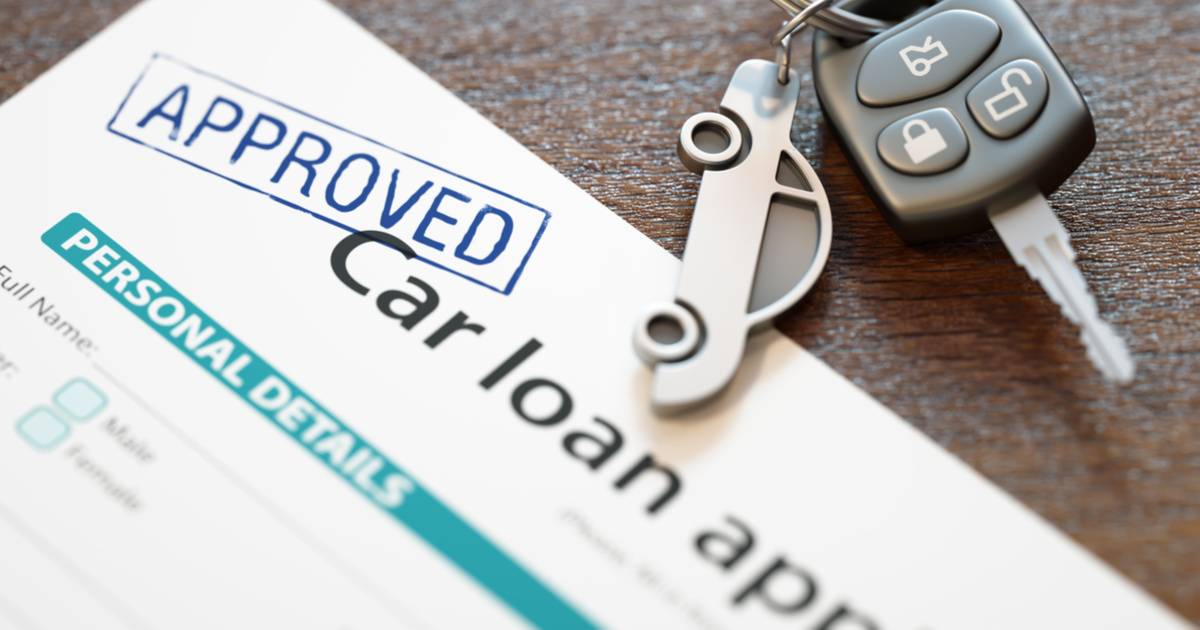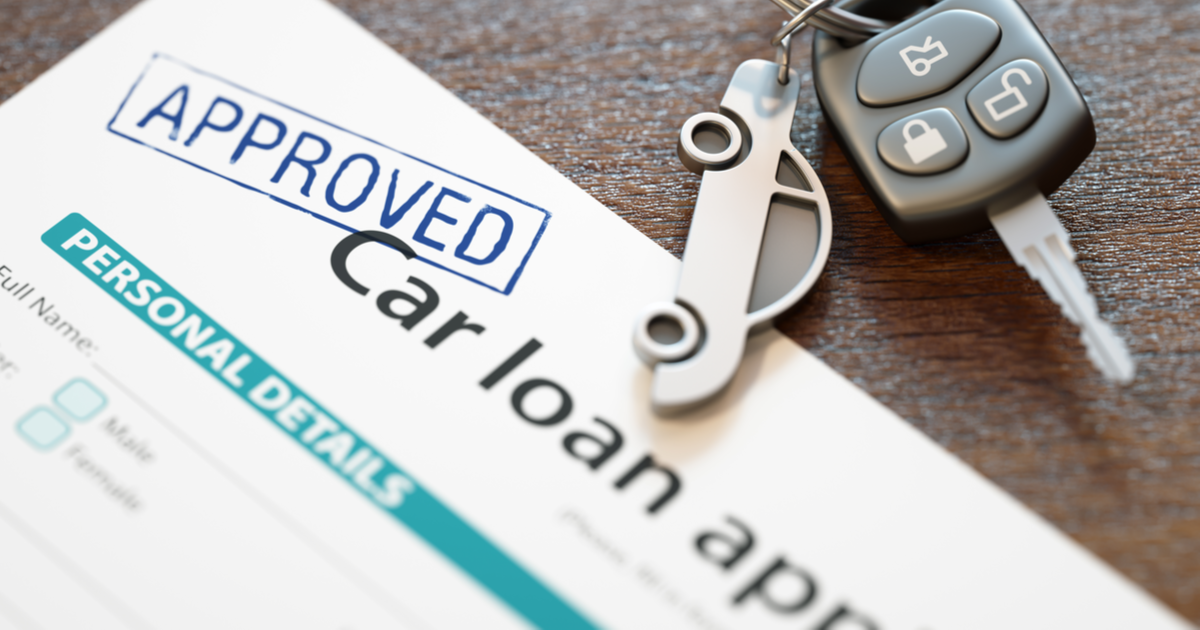Keeping your money safe: NCUA Share Insurance Break-Down
With the fall of Silicon Valley Bank and other institutions in recent weeks you might be wondering about the safety of your funds. Well, your funds...
Apply for an Auto Loan without ever stepping foot in a branch.
From auto loans to refinancing a mortgage, WEOKIE has the resources and tools to create a lending program tailored to your needs.
At WEOKIE, our purpose is to build strong communities by supporting financial growth and well-being, one person at a time.


Getting a car is easy. Visit a dealer and tell them you want a car, they take you back to complete financing paperwork, you sign and drive off in a shiny new vehicle. Well, maybe it's easier said than done. Also, taking the simplest route isn't the cheapest.
Sure, a dealership could be a one-stop-shop for buying a new car, but WEOKIE is here to tell you there is a better way that can save you money. If you're willing to take a little bit of time, we’ll tell you how to finance a car with a credit union and why credit unions are the best option for a vehicle loan.
(Wondering how to get top value on your trade-in? Click here to access our free guide.)
Too many people miss out on great opportunities by not researching the benefits of choosing a credit union. With industry leading rates for home and auto loans, credit unions like WEOKIE are a key asset to any community.
We can personalize a loan to meet your needs and abilities. Our team of trained advisors work day after day to make sure that Oklahomans are set up for financial success. Plus, credit unions offer all the same perks as other institutions, but with better interest rates on your loans and higher returns on your savings.
Opening an account is more than just putting your name on a number in an institution. You are now a part of the family. You are a shareholder in the success of the organization.
Banks answer to shareholders — a faceless group who decides how the bank operates and how it can be profitable. Credit unions are not-for-profit entities. Every member who has an account is profitable in this venture. There is a reason more and more Oklahomans are turning to WEOKIE to help get started on the path to financial success.
Come into one of WEOKIE’s branches and speak with a trusted advisor. They can help you discover new ways to adjust your budget and reach your goals. They’ll also help you start the auto loan application process.
It's time to sit down and figure out how much you spend every month. It can be tedious at first, but once you’ve created a financial plan that works for you, it’s easier to stay on track to reach your goals.
Outline critical bills like rent or mortgage, your utilities and other obligations like student loans. Now, write down your grocery budget, your entertainment costs and any other extra spending you do every month. Is there anything you can cut back on or cut out entirely? How much do you spend on monthly subscriptions? Can you consolidate them or choose cheaper plans?
Once you have a list of your expenses, you will have a better idea of how to make changes that might be needed. Find out if there are less expensive ways you can get what you want. Learning how to cook means you can cut back on eating out. Making your own morning coffee will save you a few dollars a day. Drinking more water and buying less soda will save you cash and keep you healthy.
Saving for a car doesn't mean you have to stay home and not enjoy yourself. Go out once in a while for dinner and a movie. Go ahead and get those new shoes you want. Its okay to splurge on yourself occasionally, but your goal is to make decisions based on your financial goals.
If you save $100 a month, you’ll have $1,200 for a down payment after a year of improving your credit and sticking to your budget. With a healthy savings account, you can put a nice down payment on a car, go on a trip or it can be the safety net if something unexpected happens.
Checking your full credit report is as simple as logging into annualcreditreport.com to get your free, federally-mandated credit report. All three credit reporting bureaus will let you know your current score, and provide an outline of your credit history.
Knowing this score can help you determine the next steps you need to take. Having and knowing your credit history is one of the primary factors affecting your interest rate.
If you need credit history, an excellent place to start might be a secured credit card. This particular card uses a cash deposit as collateral. You’ll receive your initial deposit back when you close your account. Secured cards are designed to help new borrowers build enough history to apply for an unsecured credit card.
Another option is applying for a credit-builder loan. This loan option does exactly what its name implies. The money you borrow is held into a secure account until you pay back the loan. It’s essentially a way you can save money while improving your credit score.
Try to use a bill such as rent using a platform like Rental Kharma or RentTrack to show a history of on-time payments. Not all, but some entities, might take this into account when determining your risk as a borrower.
There is no quick way to build credit history. You’ll have to invest time and cultivate good habits. Create systems or reminders, so you never miss another bill. In about six months to a year, you’ll be pleased with the improvements.
If you are already an account holder with the credit union, and you have all of the necessary documentation (pay stubs, utility bill, drivers license), it’s now time to apply for your loan.
A credit union will get you the best rates possible in your area and could save you thousands of dollars compared to a dealer loan. With dedicated staff who care about their members, it's no wonder why so many are flocking to credit unions for their auto loan.
Ready to buy a new car? If so, you’ll want to check out our free guide on how to get the top value on your current car so you can leverage it to pay for a down payment or cover other expenses related to purchasing a new car.
Federally Insured by NCUA 
With the fall of Silicon Valley Bank and other institutions in recent weeks you might be wondering about the safety of your funds. Well, your funds...
There are certainly perks for driving off the lot in a new car, like the smell, the warranties and the peace of mind knowing it doesn’t have years of...
Nothing beats the feeling of stepping into a new car. But, the buying process itself can be a massive undertaking. Beyond the price tag is a number...
So, you’ve decided a car is going to be your next major purchase — but how do you ensure you’re getting the best deal? Let alone, a reliable vehicle....